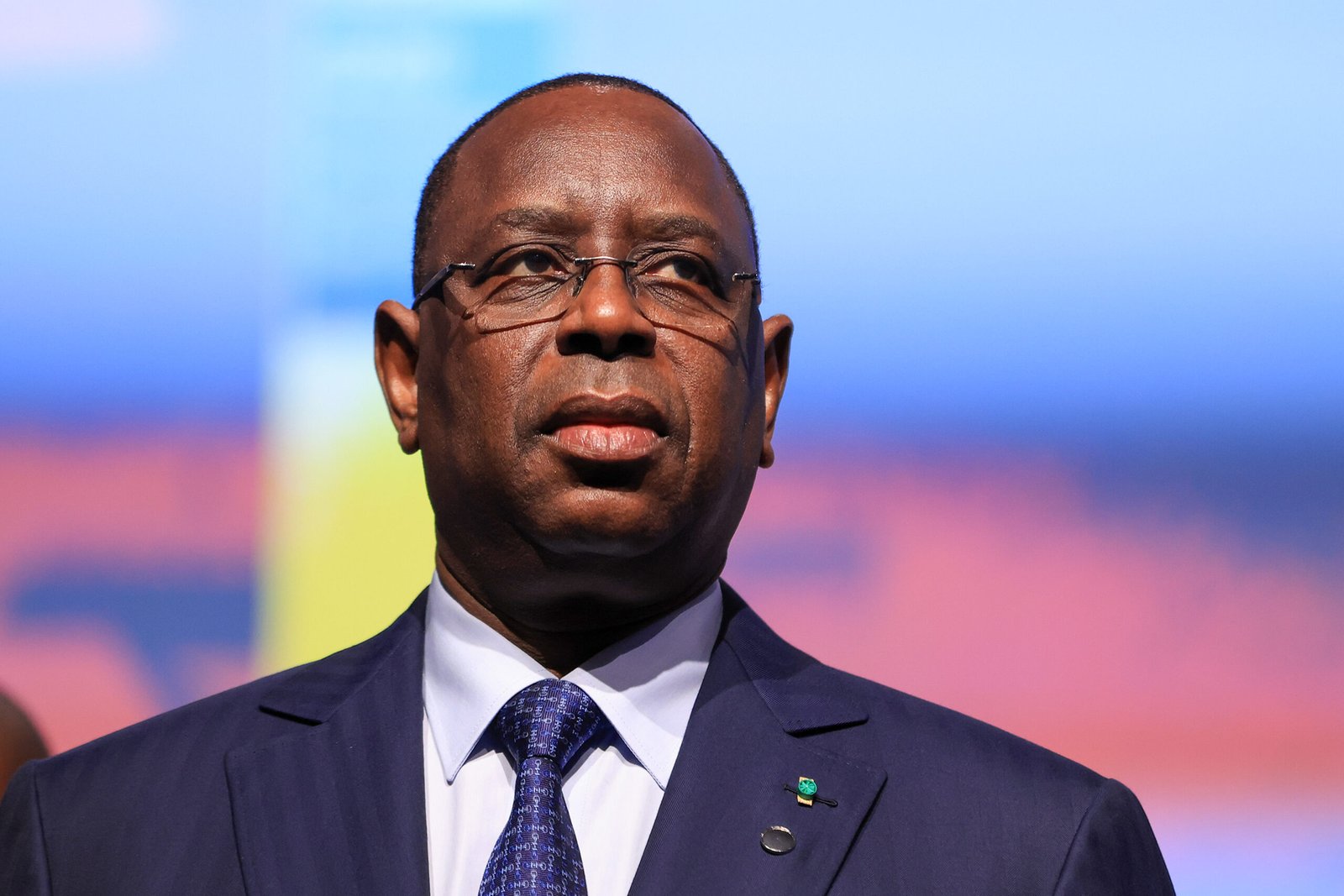Senegal’s Political Landscape: Freed Prisoner Faye and Heir Apparent Ba Cast Shadows in Election
The race for Senegal’s presidency is a crowded affair, with 17 contenders vying for the top position. However, all eyes are on two prominent figures: Bassirou Diomaye Faye, recently freed opposition politician, and Amadou Ba, the ruling party’s likely successor. Their rivalry underscores a deep-seated division in the nation, particularly regarding Senegal’s relationship with its former colonial power, France.
The upcoming election, scheduled for Sunday, has been marred by controversy, with the date announced with less than three weeks’ notice after a period of confusion and violent protests. Most Senegalese share a common sentiment of frustration directed towards outgoing President Macky Sall, who attempted to delay the election until December, citing concerns over corruption and disputes surrounding candidate eligibility.
The political turmoil led to intervention from the Constitutional Court, prompting President Sall to agree to step down next month when his term officially ends, and a new election date was set. Last week, in a bid to ease tensions, President Sall granted a presidential amnesty to some of his staunchest critics, including firebrand opposition leader Ousmane Sonko, who was barred from running in this election due to what he alleges are politically motivated charges.
Sonko has thrown his support behind Bassirou Diomaye Faye, a former tax inspector, and close ally. Together, they advocate for institutional reforms and an Afrocentric, nationalist agenda, including renegotiating mining and energy contracts and abandoning the CFA franc, which they view as a relic of colonialism.
In contrast, Amadou Ba, the ruling party’s candidate, presents himself as a symbol of continuity and stability. He promises development and job creation, appealing particularly to the youth demographic, which constitutes a significant portion of the electorate.
However, challenges abound for all candidates, especially with the election coinciding with the Muslim fasting month of Ramadan. With most of the population observing the fast, campaign strategies have had to adapt accordingly.
Despite the hurdles, candidates continue to crisscross the country, reaching out to undecided voters who could sway the outcome of the election. Among the contenders who could potentially influence the results are Idrissa Seck and Karim Wade, both with loyal followings and significant political influence.
As Senegal prepares for its election, all eyes are on the democratic process, which will serve as a litmus test for the country’s commitment to its vaunted democratic values.



















